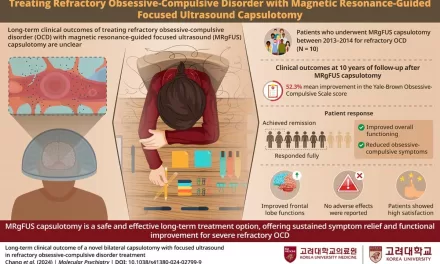
A recent study led by the Indian Council of Medical Research (ICMR) has shed light on the geographical variations in the five-year survival rates for breast cancer, the most prevalent cancer in India, accounting for 28.2% of all female cancers.
Published in the international journal Cancer, the study revealed a national average survival rate of 66.4%, with significant differences across 11 geographical areas. Regions such as Mizoram (74.9%), Ahmedabad urban (72.7%), Kollam (71.5%), and Thiruvananthapuram (69.1%) displayed higher-than-average survival rates. In contrast, Pasighat (Arunachal Pradesh) reported the lowest survival rate at 41.9%, with Manipur and Tripura also exhibiting lower rates compared to the national average.
The study, which included 17,331 breast cancer patients diagnosed between 2012 and 2015, highlighted the urgent need for comprehensive cancer control strategies in India. Researchers emphasized the importance of early detection programs, affordable screening, accessible multimodality treatment, survivorship care, and palliative care.
Despite a slight improvement in breast cancer survival rates in India, the study indicated a lag behind developed countries. It stressed the significance of prioritizing strategies to enhance breast cancer awareness, diagnosis, and treatment options across the country.
Additionally, the study unveiled that patients diagnosed with local-stage cancer had a 4.4 times greater five-year survival rate than those with distant-stage cancer. Older patients, particularly those above 65 years, exhibited a 16% lower chance of survival compared to younger individuals aged 15-39 years.
Furthermore, the study highlighted disparities in survival rates for localized, locoregional, and distant metastases in India compared to the United States. The majority of breast cancer cases in India were diagnosed at the locoregional stage (57%), while the US witnessed a higher proportion identified at the localized stage (63%).
In light of these findings, the research team emphasized the imperative need for widespread implementation of comprehensive cancer control strategies throughout India. They also pointed out the limited access to newer treatment options, such as targeted therapies and immunotherapies, in a low- to middle-income country like India.
The study underscores the importance of addressing geographic disparities in breast cancer survival rates and advocating for inclusive strategies to improve outcomes for patients across the nation.











